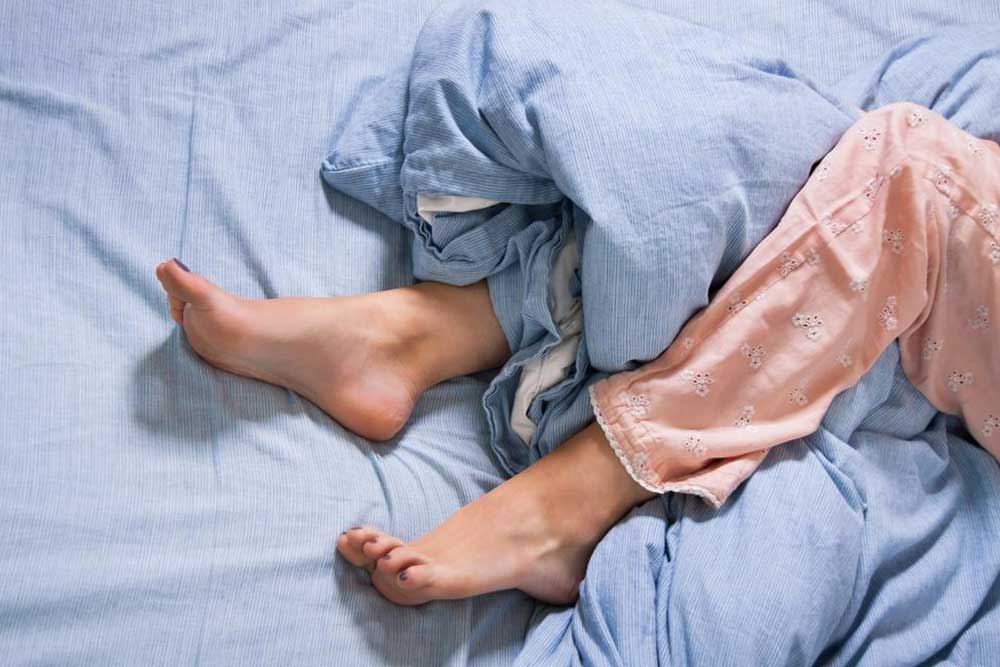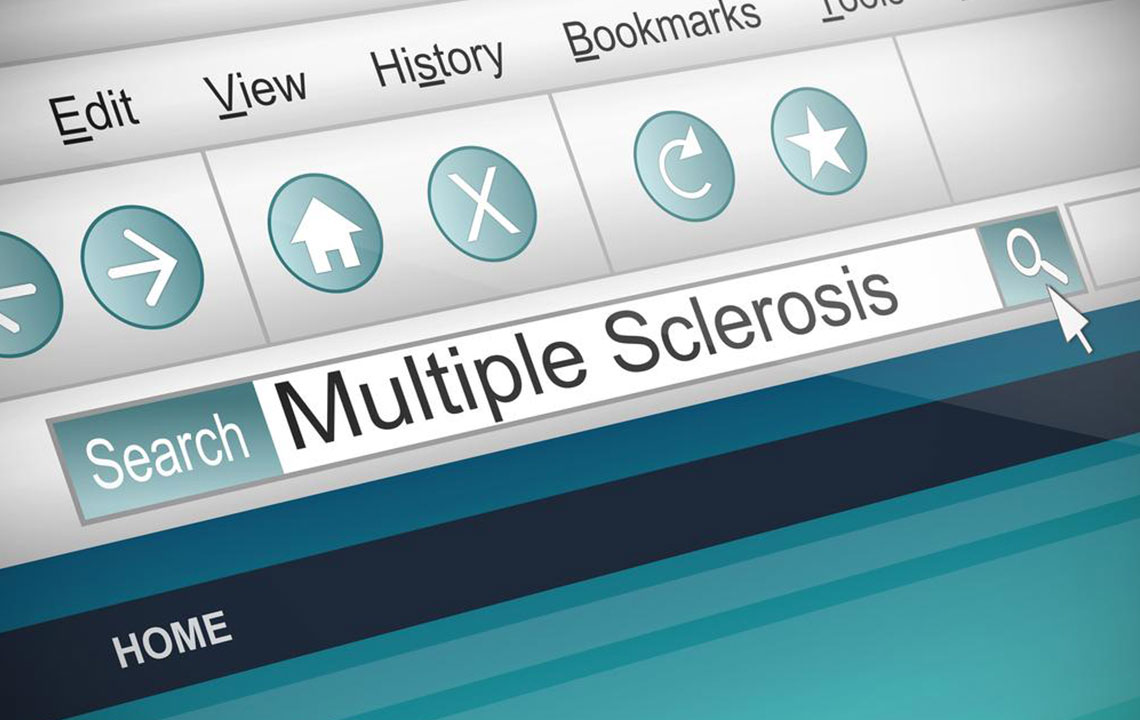Comprehensive Guide to Quick Relief Strategies for Restless Legs Syndrome
This comprehensive guide provides effective strategies to quickly relieve Restless Legs Syndrome symptoms. From home remedies like massages and hot/cold packs to dietary tips, exercise, and medical advice, learn how to manage RLS efficiently. Implementing these lifestyle changes can improve sleep quality and reduce discomfort, offering lasting relief for those suffering from this neurological condition. Discover practical, evidence-based methods to help you enjoy restful nights and better overall health.

Comprehensive Guide to Quick Relief Strategies for Restless Legs Syndrome
Restless Legs Syndrome (RLS), medically known as Willis-Ekbom disease, is a neurological disorder that affects millions worldwide. It manifests through an overwhelming urge to move the legs, often accompanied by uncomfortable sensations such as tingling, itching, burning, or pins-and-needles feelings. These symptoms usually worsen during periods of inactivity, especially at night, leading to significant sleep disturbances and reduced quality of life. If you're experiencing RLS and looking for immediate, effective relief, understanding various strategies can help you manage symptoms more effectively and improve your nightly rest.
In this extensive guide, we will explore a range of practical tips and lifestyle modifications proven to alleviate RLS symptoms quickly. From home remedies and dietary adjustments to gentle exercises and behavioral techniques, discover how to combat this condition and regain restful sleep.
**Massaging your legs or taking a warm bath** in the evening can significantly provide comfort by relaxing muscles and reducing discomfort. Applying **alternating hot and cold packs** to affected areas can also promote blood flow and ease symptoms.
Engaging in **distraction techniques** such as reading, watching television, or engaging in hobbies helps divert your attention away from uncomfortable sensations, reducing the perception of symptoms.
Implementing **moderate physical activity** like walking, yoga, or Tai Chi throughout the day can improve circulation and reduce RLS severity. Stretching your legs before bedtime is particularly effective in relieving tension and preventing symptoms at night.
Diet plays a crucial role in managing RLS. Avoid heavy, spicy, or stimulating foods in the evening. Instead, focus on meals rich in nutrients that support nerve health and overall well-being.
Limiting or eliminating **alcohol, nicotine, and caffeine**, especially several hours before bedtime, can decrease the severity of symptoms, as these substances tend to exacerbate nerve sensitivities and disrupt sleep patterns.
Consuming **nutrient-dense foods** such as spinach, kale, and asparagus, known for their high folic acid content, may support nerve function and reduce RLS symptoms.
Supplements can be beneficial; consult your healthcare provider about taking **vitamin B complex, iron, calcium, and folic acid**, as deficiencies in these nutrients are linked to RLS. Proper supplementation may help alleviate discomfort and improve symptoms.
Maintaining good hydration is vital because dehydration can worsen nerve conditions. Drink sufficient water throughout the day, along with herbal teas like chamomile or peppermint that do not contain caffeine.
While various herbal and pharmaceutical remedies exist, it is important to seek medical advice before starting any medication or supplement regimen to ensure safety and suitability for your specific condition.
Finally, establishing a regular sleep schedule and creating a calming bedtime routine can promote better rest and reduce RLS episodes.
Addressing Restless Legs Syndrome requires a multi-faceted approach encompassing lifestyle adjustments, dietary considerations, and, when necessary, medical intervention. By incorporating these practical strategies into your daily routine, you can significantly alleviate symptoms and enjoy more peaceful nights. Remember, persistent or severe symptoms should always be evaluated by a healthcare professional to rule out underlying conditions and to develop an appropriate treatment plan. With patience and careful management, relief from RLS is achievable, enhancing your overall quality of life and sleep health.





